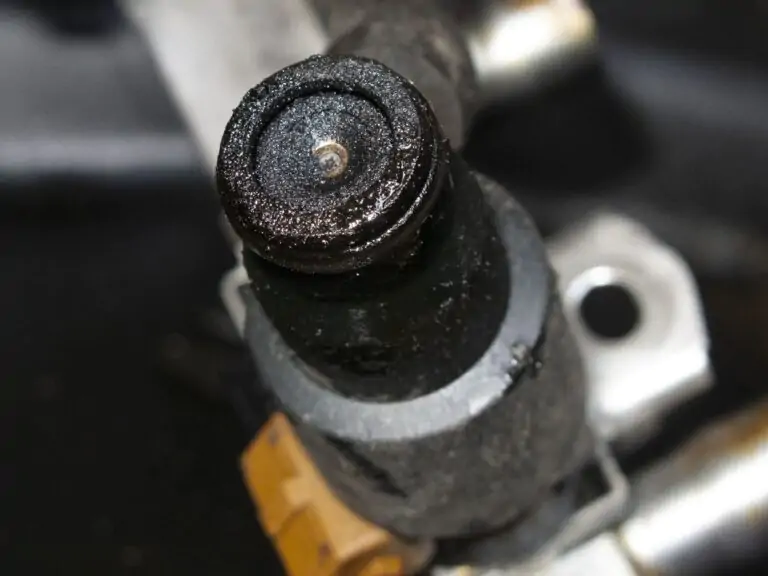
Have you ever been in a car that sometimes, despite accelerating, shakes, vibrates, or ‘bucks’?
Or one that, when trying to start the engine, has difficulty getting it to start?
Are you experiencing a loss of power, increased fuel consumption, or engine jerking in your car?
If your answer is yes, these could be signs of clogged fuel injectors. That vehicle most likely has problems with the engine’s fuel injectors, which may be dirty.
Among the most common symptoms of dirty injectors, we find:
- Loss of Power: Deposit buildup on injectors can affect fuel atomization, resulting in incomplete combustion. This can result in a loss of power and engine performance.
- Increased Fuel Consumption: Dirty or deposited injectors can spray fuel inefficiently, leading to an unbalanced fuel-air mixture. This may result in increased fuel consumption.
- Unstable Idle: Dirty injectors can cause unstable or irregular idle. The engine may shake or vibrate abnormally when the vehicle is stopped.
- Difficult or Irregular Starting: Dirty or clogged injectors affect fuel amount and distribution during starting, leading to difficult ignition or irregular engine starting.
- Engine Jerking or Jerking: Poor fuel spraying due to dirty injectors can result in engine jerking or jerking during acceleration.
Table of Contents
ToggleWhy do injectors get dirty?
As their name indicates, fuel injectors inject atomized fuel into the combustion chamber. When mixed with the air and the spark from the spark plug, they produce combustion, a precursor to engine movement.
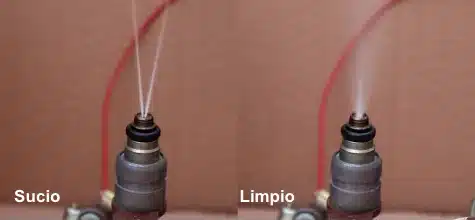
Because the injectors have very small holes that transport the fuel, they are prone to becoming clogged or dirty due to the contaminants they bring.
Some of the contaminants present in the fuel that clog the injectors are:
- Carbon deposits: Low-quality fuels, with higher contents of impurities, sulfur, or unwanted additives, can result in carbon deposits in the injectors. A study by the American Chemical Society found that using low-quality fuels can significantly increase the formation of injector deposits, negatively affecting engine efficiency.
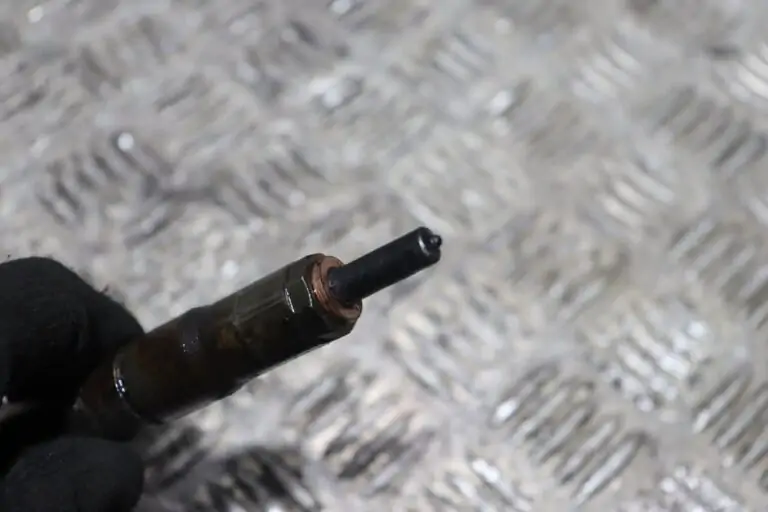
- Dust/Dirt in Fuel: Data collected by the Society of Automotive Engineers (SAE) indicates that even small particles in the micrometer range can cause clogs in injectors, affecting fuel atomization and, therefore, combustion efficiency.
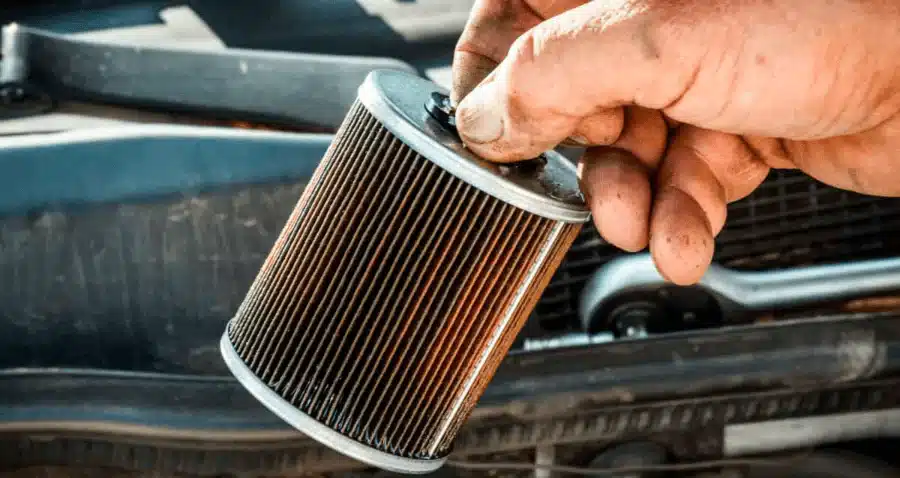
- Water in Fuel: According to research by the Fuel Injection Equipment Manufacturers (FIE), the presence of water in fuel can lead to corrosion of injectors and other parts of the fuel system. It can also generate gum and fungi that cause blockages.
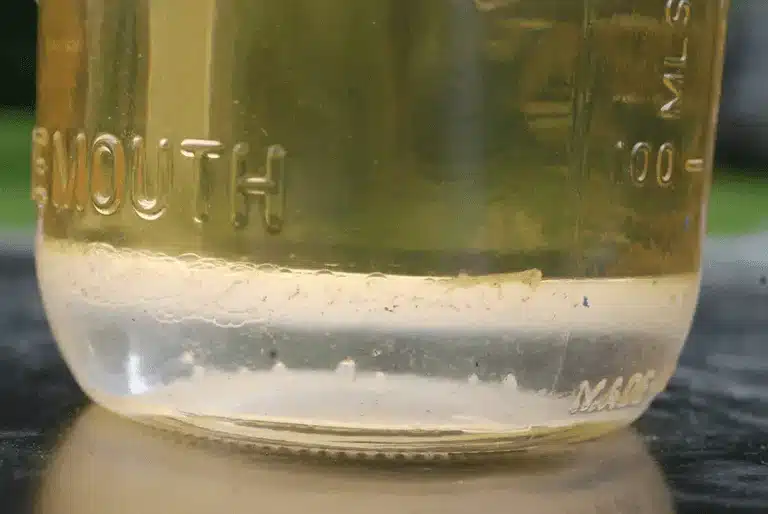
Over time and with use, the problems caused by dirty injectors begin to become evident. Leaving this problem unattended can have future consequences such as increased fuel consumption, loss of power, and damage to engine components due to incomplete/poor combustion (spark plugs, cylinder, piston), among others.
What can be done to prevent injector clogging?
How to clean and keep injectors clean
Taking into account the following recommendations can help clean and keep the injectors clean:
Use Quality Fuel: Use high-quality fuels with detergents and cleaning additives to prevent the formation of deposits. Make sure you buy it from certified places.
Fuel Filter Maintenance: The manufacturer recommends regularly changing the fuel filter to prevent particles from entering the injectors.
Avoid fuel reserve use: Sediments may clog filters when fuel gets low.
Leave a Reply